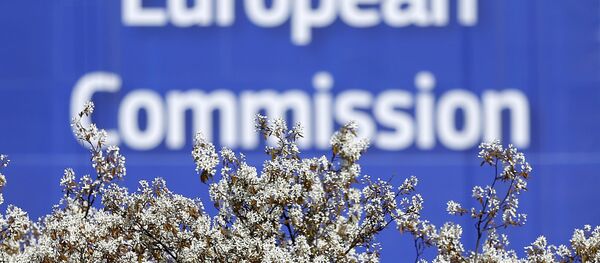"In the EU Institutions there is a lack of political willingness to set up concrete measures to fight against tax frauds, due to the fact that several Member States and politicians are taking advantages from tax loopholes," Marco Zanni, representing the Five Star Movement, said.
Zanni stressed that the problem of tax avoidance is well known by the European Union "but in the last 20 years they have not been able to reach an agreement on concrete common solutions."
"We, as MEPs and representatives of the EU citizens, are experiencing unexpected problems and 'barriers' in the access to relevant documents of EU institutions (such as minutes of the meeting the EU Code of Conduct Group on Tax rulings, established in 1997) related to tax avoidance practices," Zanni said.
Zanni stressed that after the 2014 LuxLeaks the European Parliament decided to establish only a Special Committee and not an Inquiry committee on Tax rulings, restricting the powers and the scope of the MEPs on this matter. By the same token, he said, the international media contributed to shelve this issue due to the fact that the main shareholders of media groups are often involved in those scandals.
Earlier in April, the German newspaper Sueddeutsche Zeitung exposed the alleged involvement of the world's wealthy including a number of former and current leaders, in offshore schemes by publishing materials it claimed came from Mossack Fonseca, a Panama firm selling offshore companies.
The Panama scandal followed the 2014 LuxLeaks in which the International Consortium of Investigative Journalists revealed a database of "Luxembourg Leaks." According to documents available on the project's website, around 340 multinational companies, including Apple, Amazon, Pepsi and IKEA, signed secret agreements with Luxembourg authorities. The deals allowed the companies to pay less tax over an eight-year period starting in 2002.



